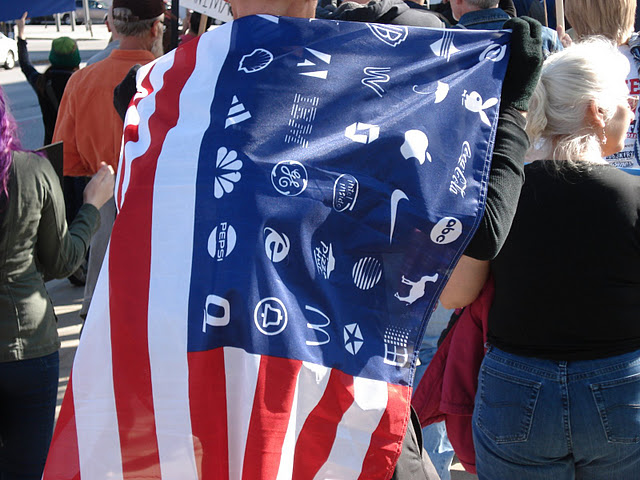William Black: The U.S. is turning a blind eye to bank fraud
William Black is a white-collar criminologist, former financial regulator, and author of "The Best Way to Rob a Bank is to Own One." He teaches economics and law at the University of Missouri-Kansas City and recently took part in Occupy Kansas City. Black was recently interviewed by Amy Goodman of Democracy Now, and offer some shocking statistics indicating why we are not seeing bank executives carted down to prison:
It all starts with the regulators, which is why it’s all not started here, because we have, of course, the wrecking crew, Bush’s wrecking crew, what Tom Frank called them, in charge, and they stopped making criminal referrals. So our agency, in the savings and loan crisis, made over 10,000 criminal referrals to the FBI. That same agency, in this crisis, made zero criminal referrals. If you don’t get people pointing the way and pointing to the top of the organization, you don’t get effective prosecutions. So, in the peak of the savings and loan crisis, we had a thousand FBI agents. This crisis has losses 70 times larger than the savings and loan crisis. And the savings and loan crisis, when it happened, was considered the largest financial scandal in U.S. history. So we’re now 70 times worse. And as recently as 2007, we had 120 FBI agents—one-eighth as many FBIagents for a crisis 70 times larger. And they looked not at the big folks, but almost exclusively at the little folks.Black also offered the following on the themes that are developing as a result of the Occupy protests:
[I]f you look, not just nationwide, but worldwide, you will see some pretty consistent themes developing. And those themes include: we have to deal with the systemically dangerous institutions, the 20 biggest banks that the administration is saying are ticking time bombs, that as soon as one of them fails, we go back into a global crisis. Well, we should fix that. Right? There’s no reason to have institutions that large. That’s a theme. That accountability is a theme, that we should keep—put these felons in prison, and there’s no action on that. That we should get jobs now, and that we should deal with the foreclosure crisis. So those are four very common themes that you can see in virtually any of these protest sites. And they have asked me, for example, to come to New York to talk about some of these things. So, I think, over time, you won’t necessarily have some grand written agenda, but you’ll have, as I say, increasing consensus. And it’s a very broad consensus. It’s not left, it’s not right; it’s not Republican, it’s not Democrat.For additional observations by William Black, visit these other DI posts.

